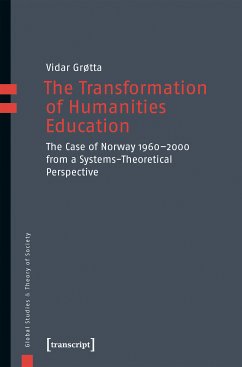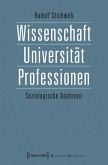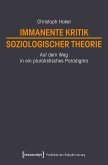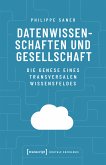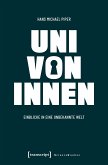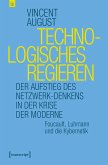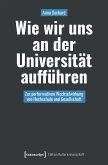Using historical documents and statistical analyses, Vidar Grøtta shows that the expansion of the post-war research system in Norway led to an increase in admissions to humanities education in the 1960s and an ensuing research drift in humanities curricula. Interacting with certain political dynamics and the knowledge economy that has emerged since the 1970s, this research drift resulted in a shift in humanists' career patterns and a transformation of the societal functions of the humanities.
The most recent developments in Norwegian humanities education, from 2000 to 2018, are outlined and discussed in the afterword to this volume.
Dieser Download kann aus rechtlichen Gründen nur mit Rechnungsadresse in A, B, BG, CY, CZ, D, DK, EW, E, FIN, F, GR, HR, H, IRL, I, LT, L, LR, M, NL, PL, P, R, S, SLO, SK ausgeliefert werden.

